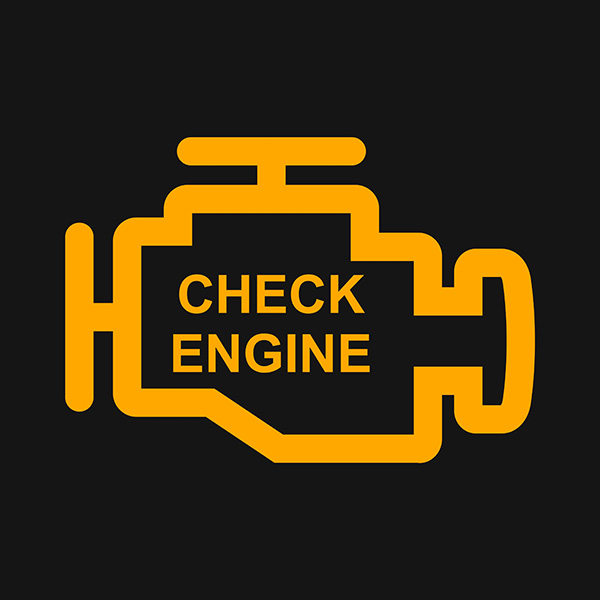
Seeing your check engine light come on can create instant worry for any driver. While it might be tempting to ignore it or hope it goes away, that little light is your car’s way of telling you something needs attention. A check engine light scan can reveal important information about your vehicle’s health and help prevent minor issues from turning into major problems. Knowing what this scan does and what it can reveal gives you peace of mind and helps you make informed decisions about repairs.
What Triggers the Check Engine Light
Your vehicle’s onboard diagnostics system (known as OBD-II in most cars made after 1996) constantly monitors the performance of your engine and other critical systems. When the system detects something outside of normal operating parameters, it triggers the check engine light.
The light can indicate anything from a loose gas cap to serious engine or emissions system failures. Because the range of possible causes is so wide, a scan is essential to pinpoint the issue.
How a Check Engine Light Scan Works
When a technician performs a check engine light scan, they use a diagnostic tool that plugs into your car’s OBD-II port. This scanner communicates with your vehicle’s computer and retrieves stored trouble codes, also called diagnostic trouble codes (DTCs).
These codes are a combination of letters and numbers (such as P0420 or P0302) and point to specific areas or systems in your car that need attention. While these codes don’t always tell the exact part that’s faulty, they provide a starting point for a professional diagnosis.
Common Problems Revealed by a Scan
A check engine light scan can uncover a wide range of issues, including:
- Faulty oxygen sensors: These sensors measure oxygen levels in the exhaust to help adjust the air-fuel mixture. A failing sensor can reduce fuel efficiency and increase emissions.
- Loose or damaged gas cap: One of the simplest problems, a loose gas cap can cause fuel vapors to leak and trigger the light.
- Catalytic converter issues: The catalytic converter helps reduce harmful emissions. When it fails, it can affect performance and cause your car to fail emissions tests.
- Misfires: Engine misfires can be caused by bad spark plugs, ignition coils, or fuel delivery problems, leading to rough running or reduced power.
- Mass airflow sensor faults: This sensor measures the air entering the engine and helps control fuel injection. A faulty sensor can cause stalling, poor acceleration, or hard starts.
Why It’s Important to Act Quickly
While some problems that trigger the check engine light are minor, others can cause serious damage if ignored. For example, a failing catalytic converter or repeated engine misfires can damage expensive components and lead to much higher repair costs.
Even if the car seems to drive normally, the issue could be affecting fuel economy, emissions, or the long-term health of the engine. Acting quickly can save you money and help maintain your vehicle’s reliability.
The Limits of Code Readers
Many drivers buy inexpensive code readers to check trouble codes themselves. While these devices can tell you what codes are stored, they don’t replace professional expertise.
A trouble code points to a system or type of problem, but doesn’t specify exactly which component is failing. For example, a misfire code could result from several possible causes and using a professional scanner and further tests identifies the actual issue.
Benefits of Professional Diagnostics
Professional technicians use advanced scan tools and combine that information with hands-on experience and additional tests. They check live data, evaluate sensor readings, and perform visual inspections to confirm what’s really wrong. This thorough approach avoids unnecessary part replacements and ensures the repair is effective and long-lasting.
Peace of Mind and Better Performance
Addressing check engine light problems early keeps your car running at its best. It improves fuel efficiency, reduces emissions, and helps prevent unexpected breakdowns. Even if your car still drives fine, ignoring the light can lead to more severe issues over time.
Have Your Check Engine Light Scanned at Atlanta Car Care in Atlanta, GA
If your check engine light is on, don’t wait to find out what it means. The expert team at Atlanta Car Care in Atlanta, GA, uses advanced diagnostic equipment to accurately identify the cause and recommend the right repairs. Schedule a scan today and keep your car running smoothly and reliably.